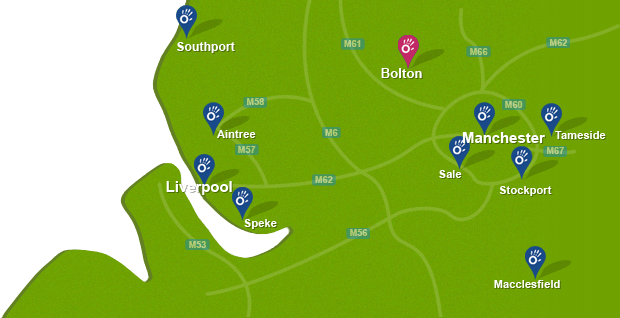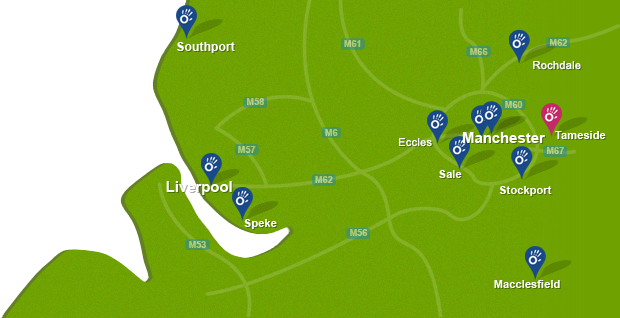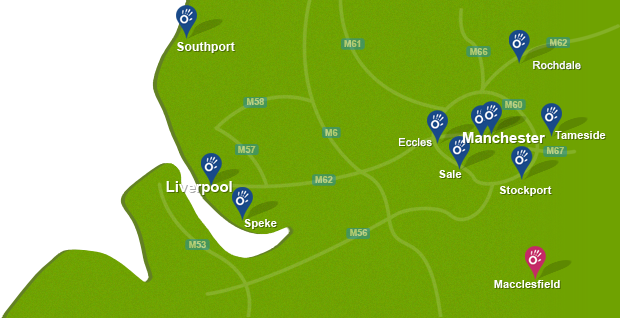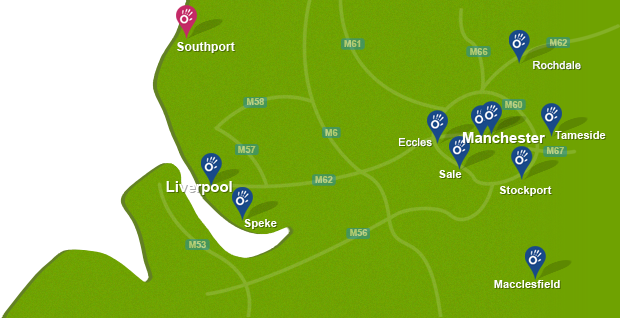Introduction to Cerebral Palsy
Cerebral Palsy is an umbrella term used to describe a range of non-progressive impairments of posture and movement that develop as a result of damage to the developing central nervous system during pregnancy, birth or early infancy.
 Above: Treatment session can help evelop your childs gross and fine motor skills.
Above: Treatment session can help evelop your childs gross and fine motor skills.Causes of Cerebral Palsy:
In some cases there is no identifiable cause, however some common factors that may lead to the development of cerebral palsy include:
- Problems with fetal development during pregnancy e.g. exposure to radiation or infection
- Asphyxia before birth
- Hypoxia of the brain
- Trauma during labour or delivery
- Maternal infection
- Premature birth
- Multiple births
- Complications following birth or during early childhood
Cerebral palsy is often classified into different types according to the presentation of symptoms and the area of the body affected. Different types include:
Spastic cerebral palsy:
Spastic cerebral palsy leads to increased muscle tone (stiffness in the muscles) as a result of upper motor neurone damage in the brain. This type of cerebral palsy is often further classified according to the regions affected:
- Spastic hemiplegia: affects one side of the body
- Spastic diplegia: affects mainly the lower limbs
- Spastic quadriplegia: affects all four limbs
- Spastic monoplegia: single limb affected
Athetoid/Dyskinetic cerebral palsy:
This type of cerebral palsy presents with mixed muscle tone leading to difficulties holding an upright position for sitting and walking and involuntary movements which make functional activities such as feeding difficult.
Ataxic cerebral palsy
Ataxia describes a symptom of neurological impairment affecting co-ordination of movement due to damage to an area of the brain called the cerebellum. This can cause problems with balance and dexterity and also tremors during voluntary movement.
Hypotonic cerebral palsy
Hypotonia describes low muscle tone causing floppy limbs and difficulty generating movements.
Symptoms of Cerebral Palsy
Due to the varying types and different presentations of cerebral palsy there is a large diversity between symptoms. All types have abnormal muscle tone. Other symptoms include:
- Spasticity
- Stiff limbs
- Floppy limbs
- Spasms
- Abnormal posture
- Involuntary movements
- Difficulty moving limbs
- Developmental delay in achievement of milestones
- Problems with balance
- Clumsiness and uncoordinated movements
- Gait abnormalities including unsteadiness, toe walking, scissoring legs
- Impairments in speech, hearing, sight, intellect and learning
Physiotherapy Treatment for Cerebral Palsy
There is no cure for cerebral palsy due to irreversible damage to the central nervous system. Treatment therefore focuses on assisting the person with cerebral palsy to maximise their function and prevent secondary complications. Treatment will be specific to the needs of the individual and may include:
- Management of abnormal muscle tone
- Exercises to maintain joint range of movement
- Stretching programme for tight muscles
- Exercises to strengthen weak muscles
- Positioning advice to improve posture and alignment
- Development of gross motor skills e.g. rolling, sitting, standing, walking
- Development of fine motor skills for hand function
- Facilitation of normal movement patterns
- Exercises to improve balance and coordination
- Advice on the provision of specialist equipment such as seating, mobility aids, positioning aids and orthotics
- Liaison and referral to other health professionals such as occupational therapists and speech and language therapists
- Liaison with carers and parents to advise on handling techniques, positioning advice and home exercise programmes
Benefits of regular physiotherapy include:
- Improved functional abilities
- Improved muscle strength
- Reduced muscle strength and joint range of movement
- Improved posture and positioning
- Improved balance and coordination
- Improved mobility and independence
- Improved quality of life
- Improved confidence
Why Manchester Neuro Physio?
- Specialist paediatric physiotherapists
- No waiting lists, immediate treatment available
- Ongoing treatment available at any stage of the condition
- Treatment on an individual basis
- Involvement of parents and siblings in treatment
- Treatments designed to be fun and encourage participation
- Motivated, caring staff
- Proven track record
Manchester Neuro Physio can provide treatment of cerebral palsy across Greater Manchester and Cheshire. We can provide assessment and treatment at our clinic or at your home for your convenience. If necessary we can also visit a child at their school.
See our testimonials to read about the experiences of current and past patients.
To find out more please contact us or arrange a free phone consultation.


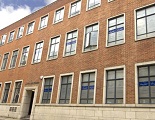
 0800 033 7800
0800 033 7800







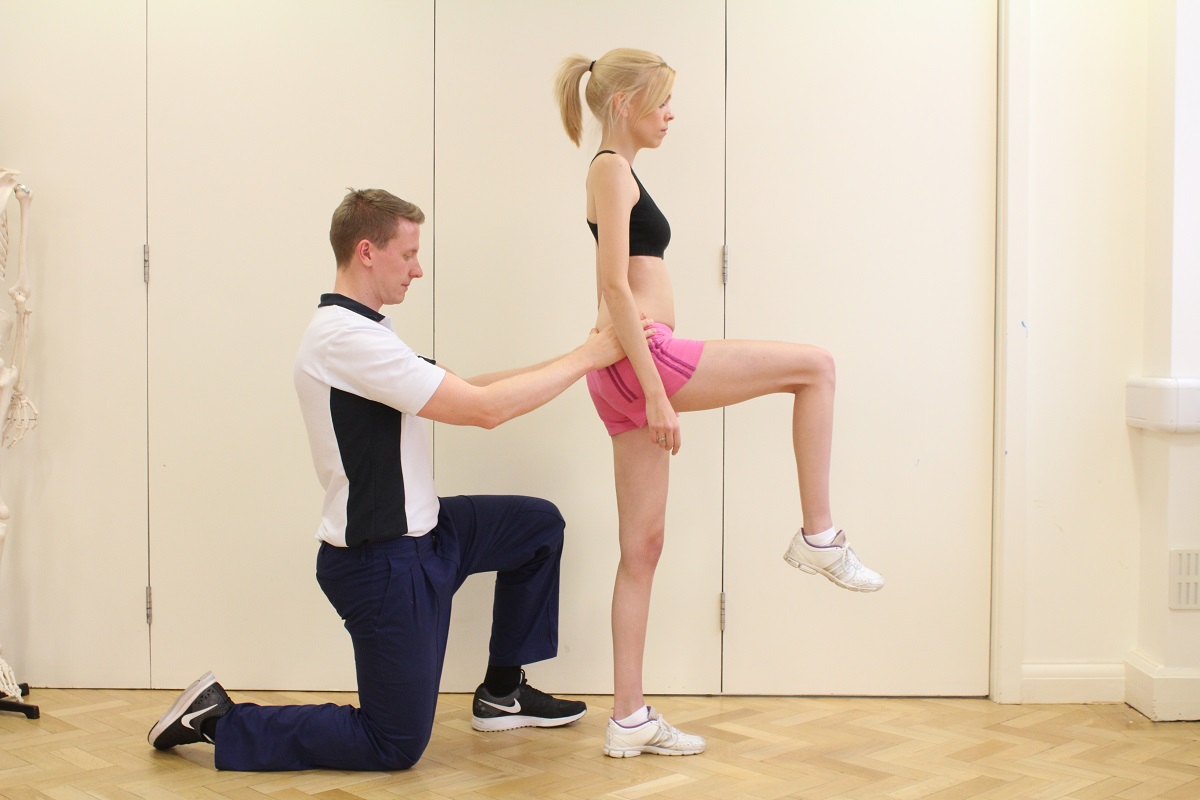

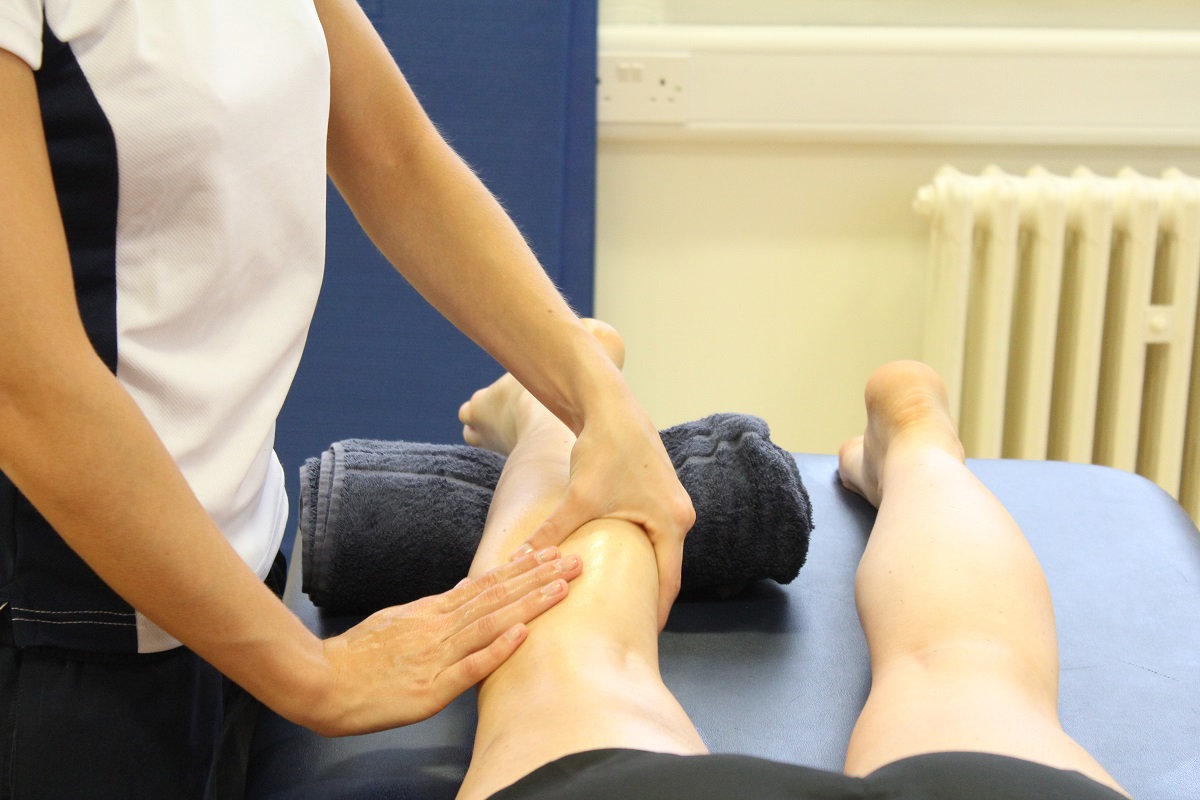



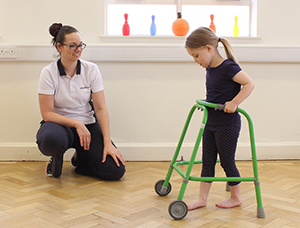
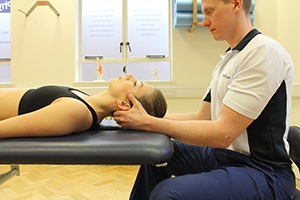
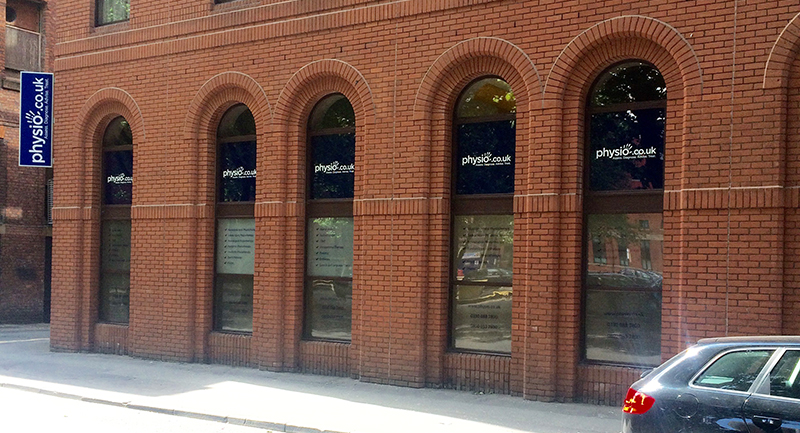
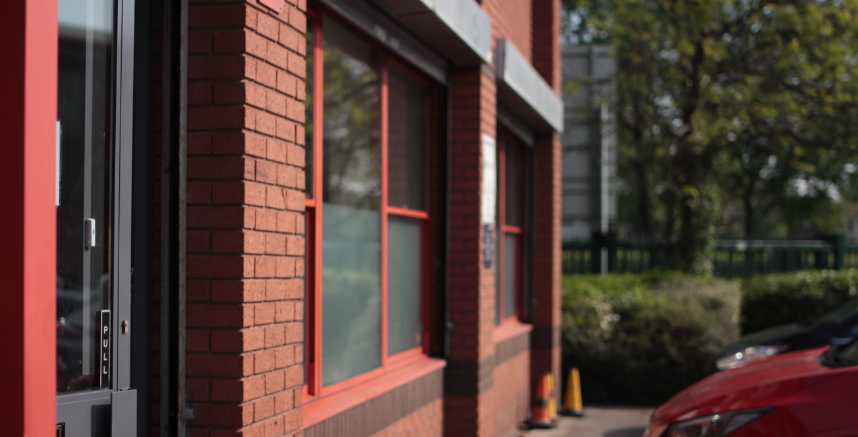






























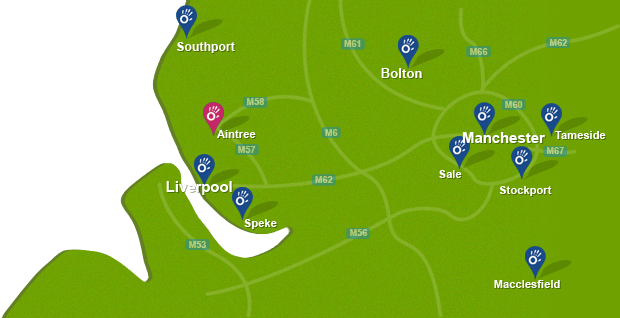

 f
f
